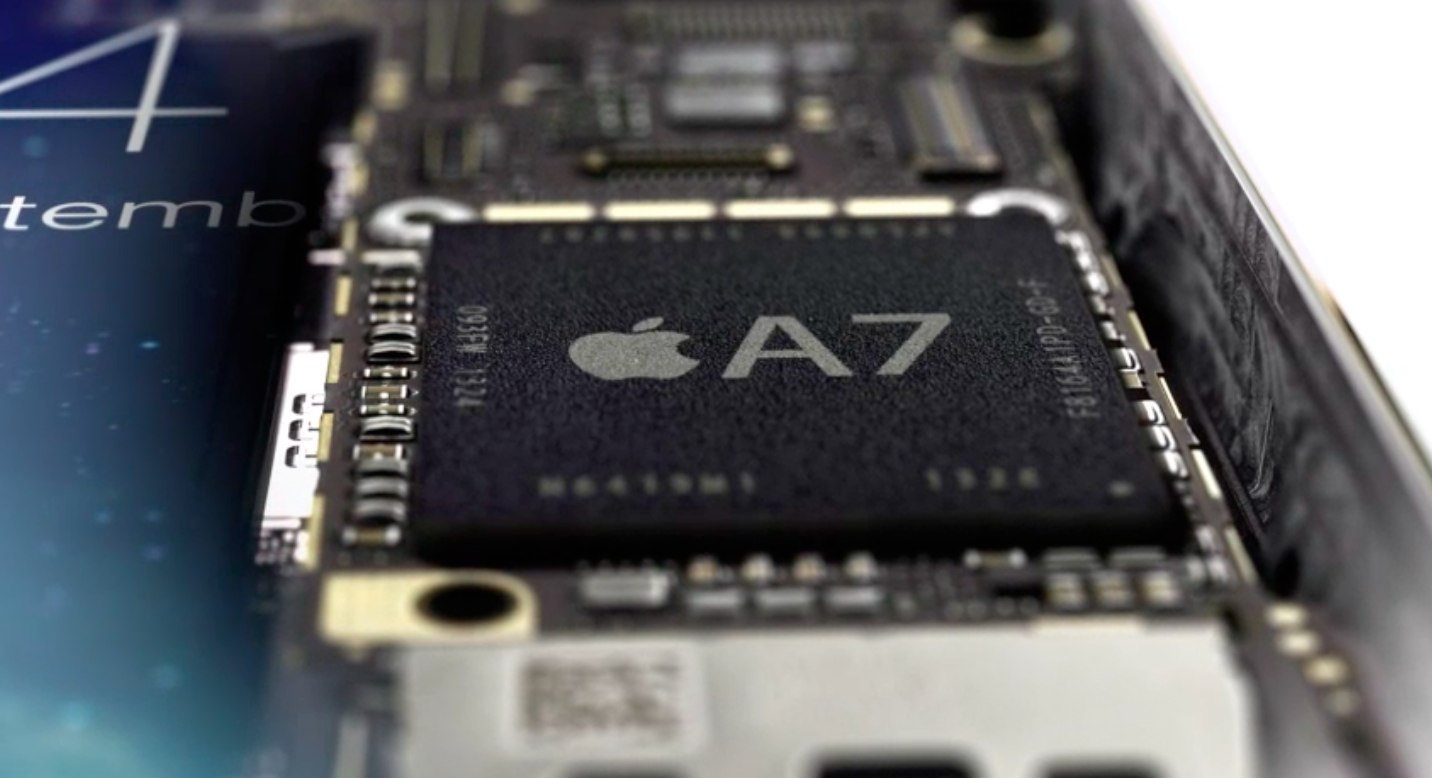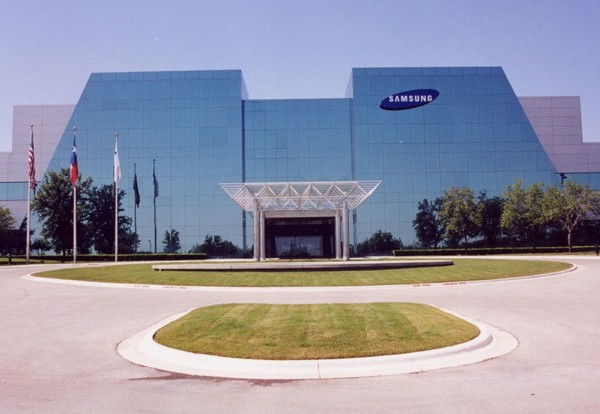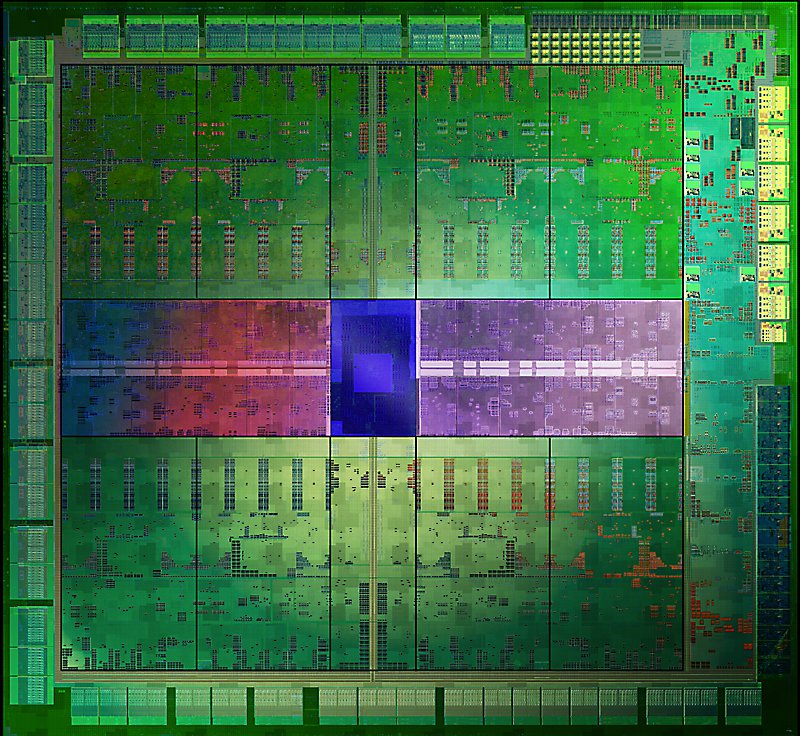In a surprise announcement that sent shockwaves throughout the technology industry, Intel said it will open kimono to arch-rival TSMC and begin making chips for third-parties, based on CPU blueprints from the British fabless semiconductor maker ARM Holdings, plc. Apple is among the licensees of ARM’s technology for its own in-house chips which serve as the engine powering the iPhone, iPad and iPod devices.
This is a huge development. Not only will Intel, the world’s largest semiconductor company, now fabricate its own ARM-based 64-bit mobile chips starting next year, it will now undoubtedly compete for the lucrative Apple business, especially given the iPhone maker has long been looking to take its chip-making contract elsewhere…
Forbes reports that Intel partner Altera made the announcement at the ARM developers’ conference today.
Along the same vein, the chip giant also said Samsung’s Galaxy Tab 3 10.1 runs its XMM 7160 platform for LTE connectivity, a blow to Qualcomm. The XMM 7160, Intel’s first multi-mode wireless modem, is capable of communicating with 2G, 3G and 4G wireless data networks.
The ARM news is especially eyebrow-raising knowing Intel’s Atom chipsets compete against ARM-based silicon like Qualcomm’s Snapdragon, Nvidia’s Tegra and even Apple’s A7 and other chips. Now, Apple’s been designing its own A-series chips since the 2010 A4 processor in the original iPad and the iPhone 4.
With the A7, iPhone 5s and iPad Air, Apple now has the world’s first 64-bit mobile chip, 64-bit smartphone and 64-bit tablet. Per benchmarks, the A7 is a real screamer, to such an extent that Apple’s been advertising the A7 as a headline feature of the iPhone 5s.
Nathan Brookwood, principal analyst at Insight 64, weighs in:
It’s huge. Imagine ARM’s most powerful and technologically advanced 64-bits processor built on Intel’s leading-edge fabs. A duo that will be hard to beat.
He speculates:
Intel will build Apple’s A7, Qualcomm’s Snapdragon or the Nvidia Tegra for the right price. Now, the question is, are they ready to pay that premium and feed their direct competitor, except for Apple. But that would actually make business sense for everyone.
But landing the Apple contract may be easier said than done.
Although Apple develops and optimizes designs for these processors in-house and has acquired several semiconductor startups in years past, it’s been relying on arch-rival Samsung to mass-produce the chips in huge volume.
For the time being, Samsung’s multi-billion dollar facility in Austin, Texas, pictured below, is dedicated to exclusively churning out Apple processors. The problem is, Samsung gets a peek at future Apple chip designs at least a year before actual products ship, giving the South Korean conglomerate a valuable early insight into Apple’s future technologies.
The Galaxy maker spared no expense to appease to Apple: thus far, it’s invested a whopping $14 billion into the Austin facility to make sure Apple’s needs are met without any compromise.
Apple’s been looking to commission Taiwan Semiconductor Manufacturing Company (TSMC) to build its chips. TSMC’s clients include Nvidia, Qualcomm and others. For example, Nvidia’s GeForce GTX 680 GPU (picture below) is being fabbed on TSMC’s 28nm process.
On the other hand, even TSMC – the world’s largest independent semiconductor foundry – is finding it difficult to meet Apple’s exacting standard in terms of technology, yields and,most importantly, volume.
At the current sales rate, you’re looking at about 300 million Apple chips per year.
But now that the world’s top chip maker Intel is ready to open up its leading-edge factories to clients that need ARM-based chips, Samsung will be under tremendous pressure as Apple explores its options.



